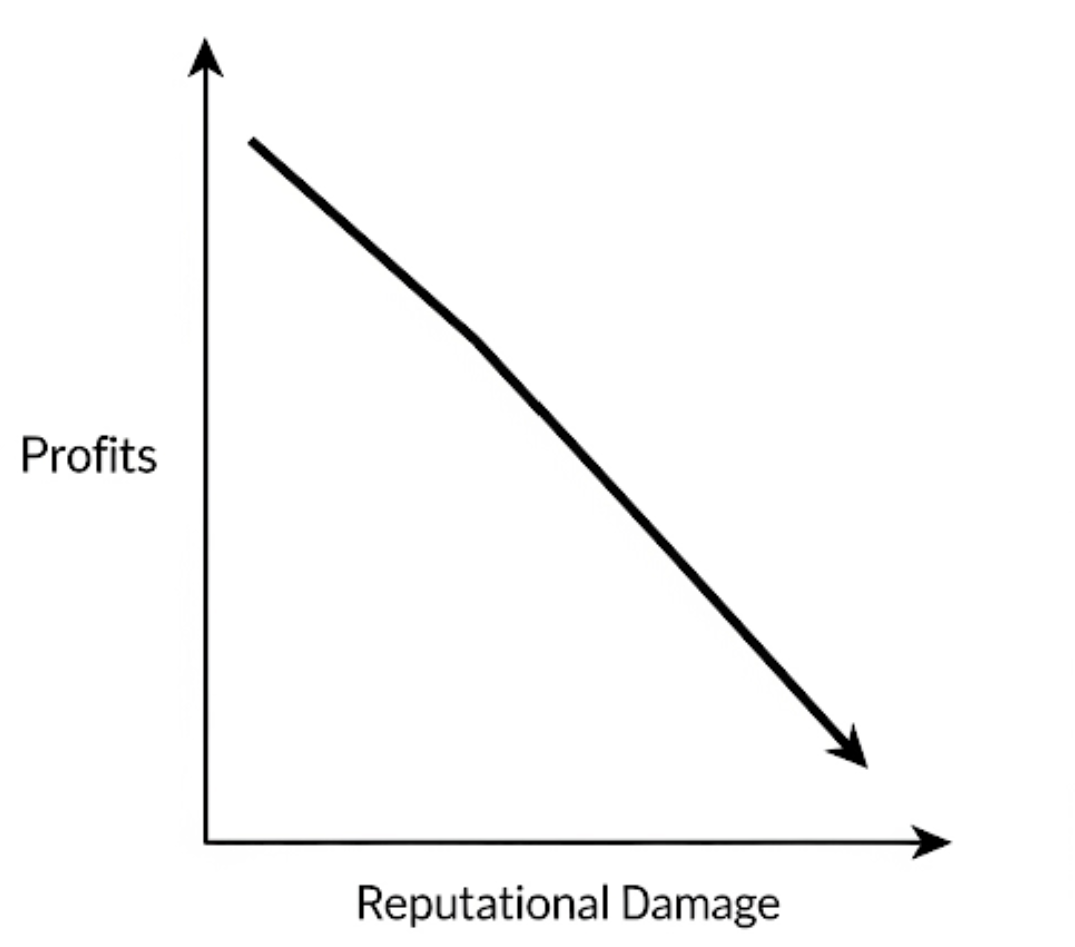Embezzlement, the theft of funds or property by an individual entrusted with its care, is a complex issue with far-reaching consequences. While the act itself seems straightforward, understanding the underlying psychology can offer valuable insights into prevention and detection.
The Profile of an Embezzler
Contrary to popular belief, embezzlers aren’t always desperate or financially struggling individuals. In fact, many come from stable backgrounds and hold positions of trust. The psychological factors that contribute to embezzlement are often more nuanced:
- Opportunity: A weak internal control system, lack of oversight, or access to funds can create the perfect opportunity for embezzlement.
- Rationalization: Embezzlers often justify their actions, believing they are owed the money, will repay it, or that their employer won’t miss it.
- Greed: The desire for more money, whether to maintain a lavish lifestyle or to accumulate wealth, can be a powerful motivator.
- Pressure: Financial difficulties, gambling debts, or other personal pressures can push individuals to the brink.
- Ego and Power: The thrill of control and the ability to manipulate financial systems can be intoxicating.
The Psychology of Embezzlement
Understanding the psychological factors involved can help businesses identify potential risks and implement preventive measures:
- Personality Traits: Research suggests that individuals with certain personality traits, such as narcissism, impulsivity, and a lack of empathy, may be more prone to embezzlement.
- Cognitive Distortions: Embezzlers often engage in cognitive distortions to justify their actions, such as minimizing the harm to their employer or exaggerating their own financial hardship.
- Moral Disengagement: This occurs when individuals can detach themselves from the moral implications of their actions, making it easier to rationalize the theft.
Preventing Embezzlement
While it’s impossible to completely eliminate the risk of embezzlement, businesses can take steps to minimize the likelihood of it occurring:
- Strong Internal Controls: Implementing robust financial controls, such as regular audits, segregation of duties, and electronic monitoring, can deter potential embezzlers.
- Employee Screening: Conducting thorough background checks on employees who handle finances can help identify red flags.
- Ethical Culture: Fostering a strong ethical culture within the organization can create a climate of integrity and accountability.
- Employee Assistance Programs: Offering support to employees facing financial difficulties can help prevent desperation-driven theft.
- Independent Hotline: Establishing an anonymous hotline for employees to report suspicious activity can encourage reporting and early detection of potential embezzlement.
By understanding the psychology of embezzlement, businesses can develop more effective prevention strategies and protect their assets. It’s essential to remember that embezzlement is often a complex issue with multiple contributing factors.
Reach Us
Red Flag Reporting
P.O. Box 4230, Akron, Ohio 44321
Tel: 877-676-6551
Fax: 330-572-8146




